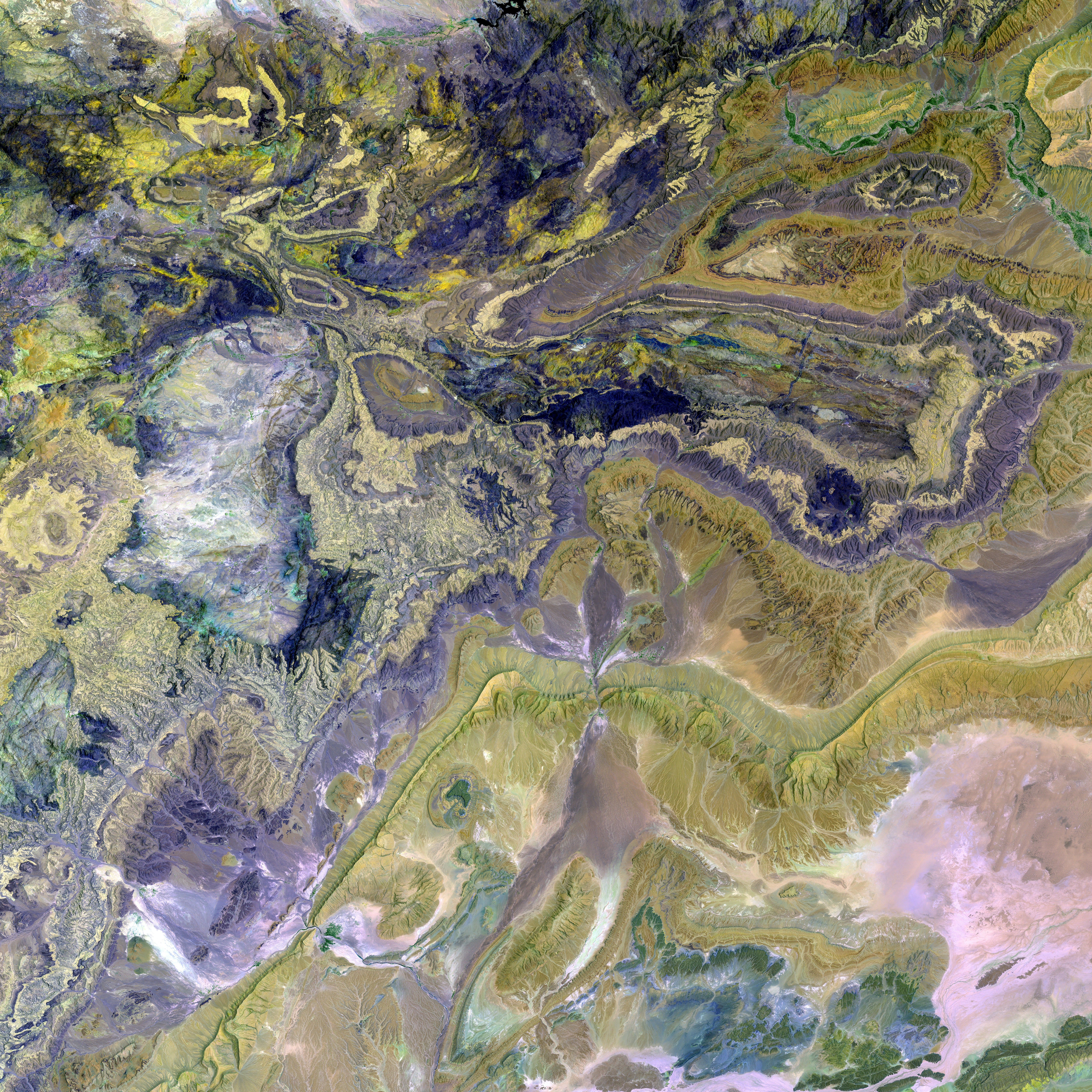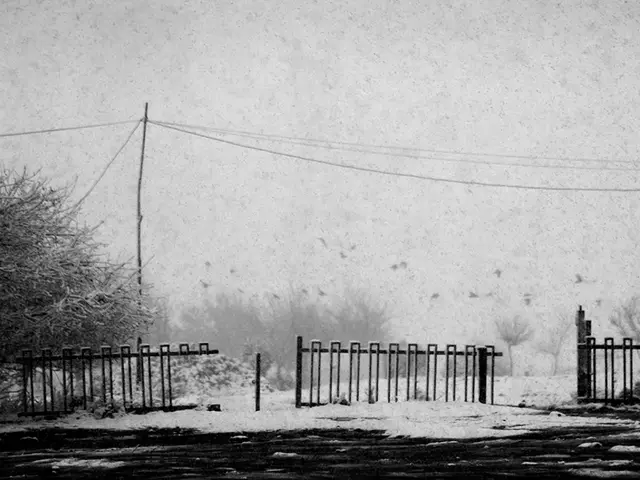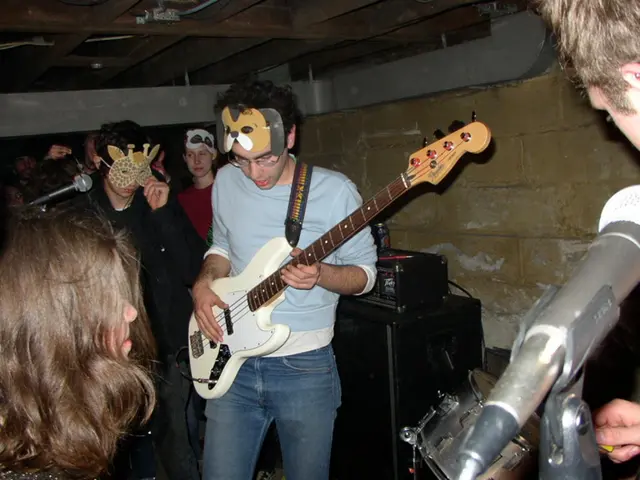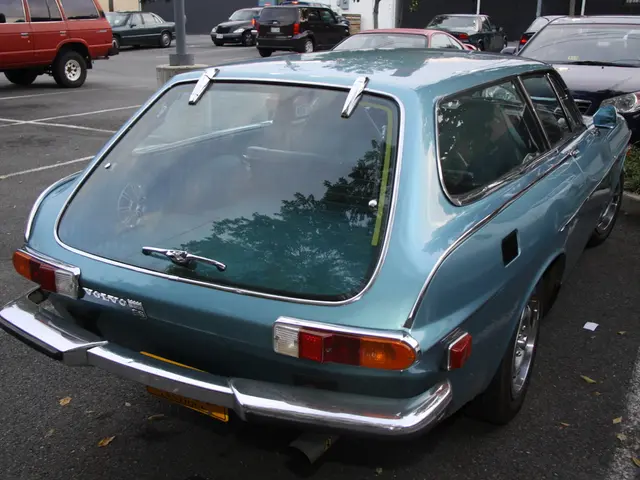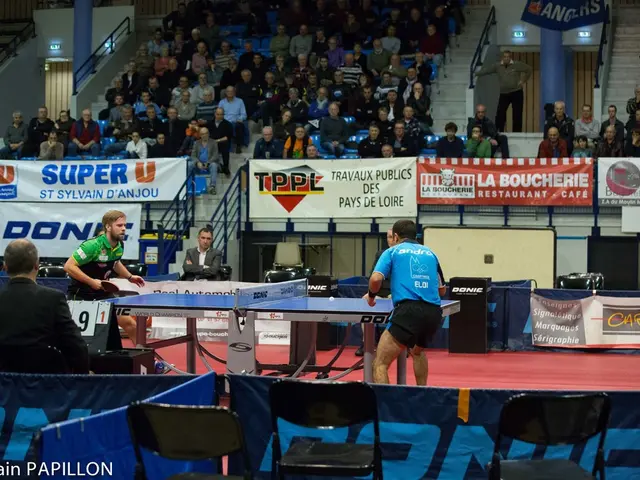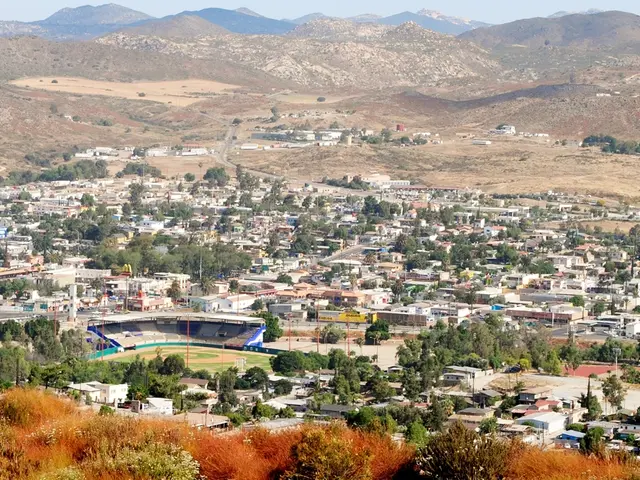Venezuela: Maduro Accuses Far-Right for Sabotage as Machado Outlines Election Day Guidelines
July 18, 2024 - Tensions High as Maduro Warns of Opposition Violence Ahead of Venezuelan Elections
Baracas, Venezuela - President Nicolás Maduro has raised alarm bells over potential acts of violence from the opposition ahead of the July 28 elections. During a rally in Barquisimeto, Lara state, Maduro accused the right-wing opposition of desperation and attempting to sabotage the nation's electric grid.
Hours before Maduro's speech, images surfaced online showing an alleged act of vandalism and sabotage to a local electrical substation in Falcón. Governor Victor Clark denounced the incident, claiming it was aimed at disrupting power supply.
The incumbent president has been campaigning intensely for a third term, focusing on low inflation, economic growth, increased access to credit, housing, and public transportation, as well as drafting a special law to boost working-class incomes.
Maduro's main rival, Edmundo González, has been relatively absent on the campaign trail though, with far-right leader María Corina Machado taking the lead in the hard-line opposition's campaign. Machado, disqualified by the Supreme Court earlier this year, has been instructing supporters on voting day actions, such as going early, documenting irregularities, and witnessing public audits.
The upcoming presidential election has generated varying opinions among pollsters, resulting in unpredictable outcomes. Dataviva shows Maduro leading with 55 percent, while More Consulting places González ahead with 55 percent. The pro-opposition bias polling company, Datanálisis, has yet to publish any report on the election.
In the backdrop of these elections, political tensions run high. While the candidates' specific identities and promises remain undetailed, the election takes place amid the context of the Barbados Agreement, signed in October 2023 between Maduro’s government and the opposition Unitary Platform, aiming to establish fair electoral conditions, and the temporary relief of U.S. sanctions, reimposed in April 2024 due to Maduro's failure to meet certain commitments.
Widespread human rights abuses, including killings, enforced disappearances, and arbitrary detentions targeting perceived government critics, have been documented in the aftermath of the 2024 vote. This suggests a climate of repression that may have limited opposition campaigning.
While the July 28 vote will decide the president for the 2025-2030 period, it's worth noting that regional elections are scheduled for May 25, 2025. The PSUV-led Patriotic Pole has announced 24 governor candidates, with incumbents like Rafael Lacava (Carabobo) and Freddy Bernal (Táchira) focusing on consolidating Chavista power.
The elections will see several observation missions, including teams from the Latin American Council of Electoral Experts, the Carter Center, a UN expert panel, and two experts sent by Brazil's Supreme Electoral Court to accompany Venezuela's presidential vote.
- Given the alarming warning from President Maduro about potential violence from the opposition, it is crucial that securing the panel of elected officials for the 2025-2030 period is possible during the upcoming Venezuelan elections.
- In politics and general news, the Barquisimeto rally, where Maduro accused the opposition of sabotage, is alike countless war-and-conflicts scenarios that have historically affected policy-and-legislation.
- Victor Clark, the Governor of Falcón, has already raised concerns about possible acts of vandalism on panel systems, like electrical substations, ahead of the elections.
- The opposition leader María Corina Machado, who has been leading the hard-line opposition's campaign in the absence of Edmundo González, has been advising supporters on ways to secure the voting process, such as going early and documenting irregularities, which might impact the outcome of the elections.
